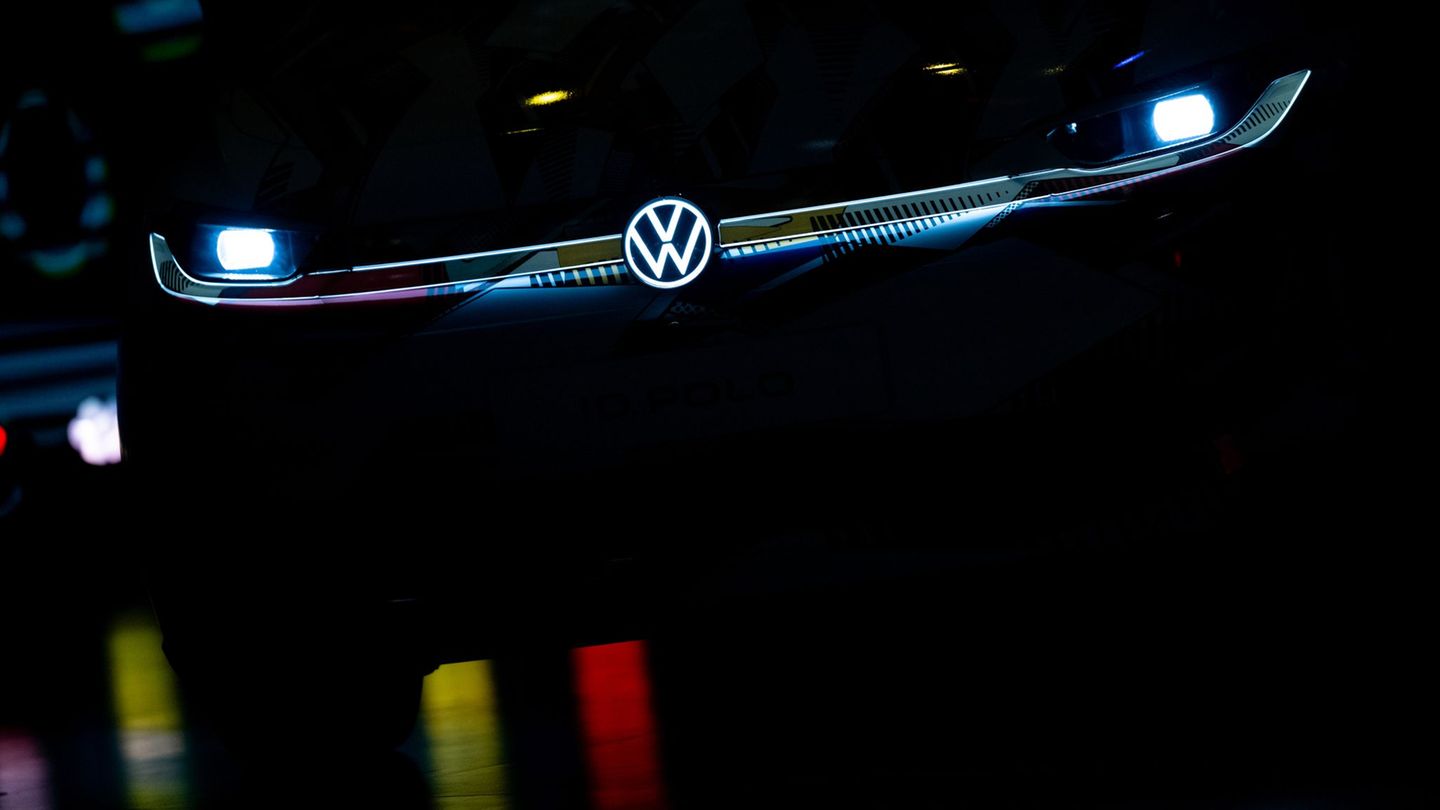David William is a talented author who has made a name for himself in the world of writing. He is a professional author who writes on a wide range of topics, from general interest to opinion news. David is currently working as a writer at 24 hours worlds where he brings his unique perspective and in-depth research to his articles, making them both informative and engaging.
Menu
Russian war of aggression: war against Ukraine – the situation at a glance
Categories
Most Read
Gaza: First phase of a deal has been completed – what happens next?
October 9, 2025
No Comments
“Shutdown”: Trump: Will only cut Democratic programs
October 9, 2025
No Comments
Dispute over the National Guard: US media: National Guard in action in the Chicago area
October 9, 2025
No Comments
Donald Trump deserves the Nobel Peace Prize – with one caveat
October 9, 2025
No Comments
Vladimir Putin admits mistakes after plane crash kills 38 people
October 9, 2025
No Comments
Latest Posts

Iron deficiency caused by matcha tea? What you should know about it
October 10, 2025
No Comments
Drink hype Can matcha tea cause iron deficiency? What you should know about it Listen to article Copy the current link Add to watchlist Does

Automotive industry: VW continues to increase significantly in e-car sales in Europe
October 10, 2025
No Comments
AngelicaI am an author and journalist who has written for 24 Hours World. I specialize in covering the economy and write about topics such as

Simone Biles said goodbye to Buenos Aires with a gymnastics party and won the hearts of the Argentine public
October 10, 2025
No Comments
Simone Bilesone of the most decorated athletes of all time, closed her time in the City of Buenos Aires this Thursday with an exciting clinic
24 Hours Worlds is a comprehensive source of instant world current affairs, offering up-to-the-minute coverage of breaking news and events from around the globe. With a team of experienced journalists and experts on hand 24/7.

